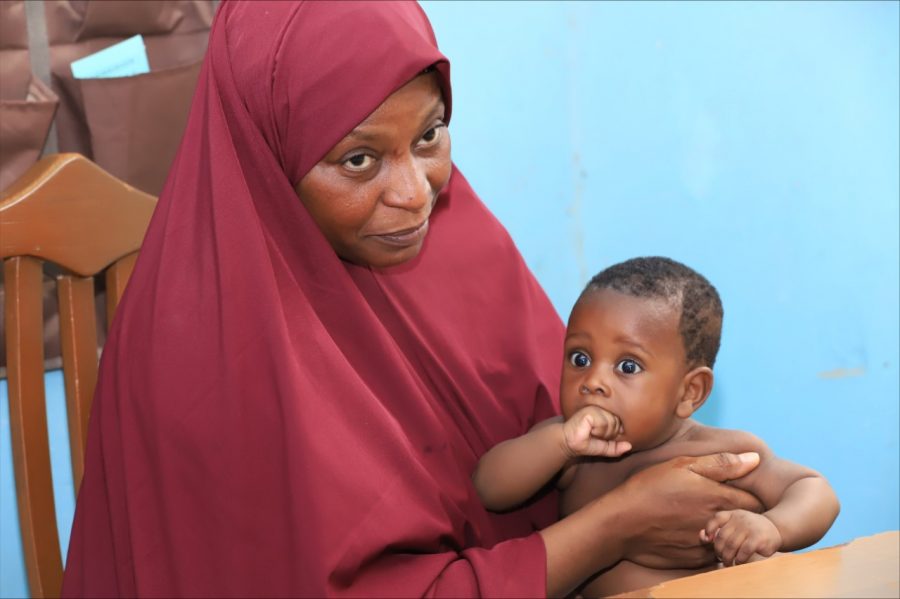The National Health Insurance Authority (NHIA) recently made a significant stride in Nigeria’s maternal and child healthcare by inaugurating the neonatal component of its Comprehensive Emergency Obstetrics and Neonatal Care (CEmONC) Programme in Kano State.
The launch, which took place at the Aminu Kano Teaching Hospital (AKTH), was marked by the signing of a Memorandum of Understanding between the hospital and the NHIA, alongside three other Kano-based facilities.
According to the NHIA, this initiative seeks to provide free emergency care for vulnerable and economically disadvantaged pregnant women and newborns, including access to life-saving Caesarean Sections and treatment for conditions like birth asphyxia and neonatal sepsis.
The programme builds on the maternal healthcare component already benefiting over 14,000 women nationwide, with Kano accounting for about 40% of these numbers.
This development is not emerging in isolation. Several interventions have been implemented to address the country’s maternal and neonatal mortality crisis, which remains among the highest globally.
The maternal component of the CEmONC programme, already operational in more than 200 facilities, has proven to be a strong foundation.
By offering free access to emergency obstetric care, the initiative has reduced financial barriers for pregnant women who would otherwise face damning expenses. AKTH, for instance, has recorded nearly a thousand mothers under the scheme, demonstrating its impact.
The neonatal component is now extending this safety net to newborns, ensuring that complications at birth do not automatically translate to loss of life.
Grassroots maternal healthcare
Beyond the NHIA’s interventions, states such as Lagos and Kaduna have piloted community-based health insurance schemes to complement federal efforts. These schemes target those in the informal sector, often excluded from conventional insurance plans.
By pooling community contributions and subsidising medication for the vulnerable, state governments are expanding access to primary and emergency healthcare.
The integration of these with the NHIA’s nationwide programme creates a broader safety net, ensuring that vulnerable mothers and children receive timely and affordable care.
Technology has also been harnessed to strengthen maternal and neonatal healthcare delivery. In some Nigerian states, mobile health applications like Mhealth now provide pregnant women with access to medical advice, reminders for antenatal visits and emergency hotlines.
These platforms have bridged information gaps especially in rural areas with insufficient health workers, enabling quicker referral systems.
In Kano, where the NHIA’s neonatal pilot is launching, such digital solutions can complement hospital-based interventions by ensuring early detection of danger signs before complications escalate.
Combined with the NHIA’s free emergency care, the likelihood of survival for both mothers and newborns increases significantly.
International partnerships have played a prominent role in strengthening Nigeria’s healthcare system. Organisations like UNICEF and the World Health Organisation have provided technical support, equipment, and training for healthcare workers in neonatal resuscitation and infection management.
These collaborations have created a pool of trained personnel who can now work within programmes like CEmONC to deliver quality care.
The NHIA’s decision to engage independent external verifiers for accountability reflects a growing recognition that sustainability depends on transparency and partnerships that maintain trust among stakeholders and the public.
The launch of the neonatal component of the CEmONC programme in Kano is, therefore, more than a routine government announcement. It represents a growing shift toward solutions that tackle Nigeria’s maternal and neonatal mortality challenges from multiple angles, such as financial protection, technology integration, state-level innovation, and global collaboration.
For the thousands of vulnerable families in Kano and across the country, it offers hope that childbirth and infancy need not remain life-threatening experiences. The story unfolding in Kano is one of possibility that promises to safeguard the lives of its most vulnerable citizens.
Summary not available at this time.






